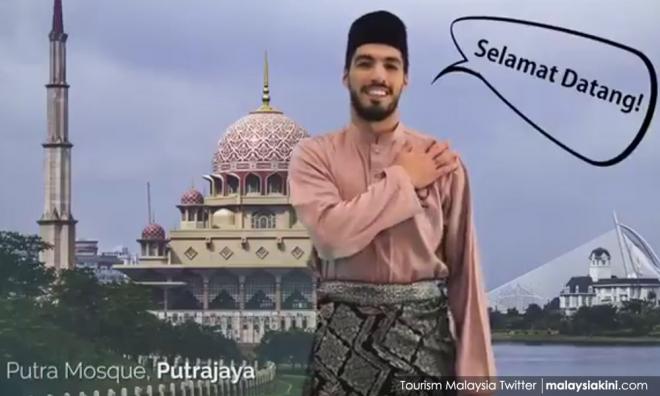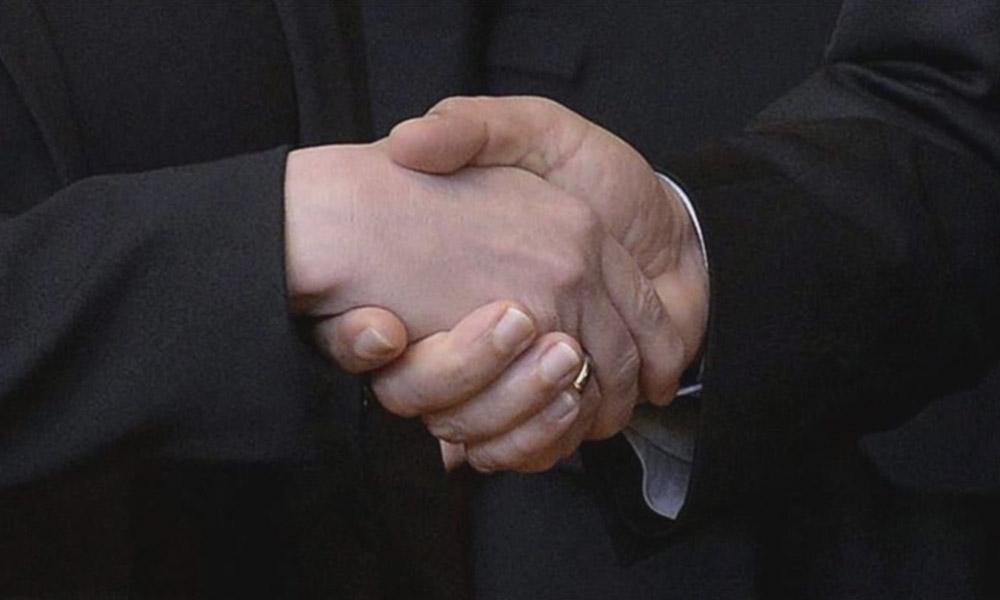
A consultant cardiologist is perturbed over a recent incident and called on the Protocol Division of the Health Ministry and the Public Service Commission to set out the proper way to greet female officers who choose not to shake hands.
When conducting training for tourism personnel, I often pointed out that Malaysians are friendly by nature but can be rude unknowingly or unintentionally.
Recently, a Health Ministry of Health pharmacy inspection team visited the cardiologist’s clinic and he promptly welcomed them and shook hands with the two male officers, but the female officer placed her hands behind her back and gave a brief smile.
The doctor was left wondering whether he had offended her in any way.
This led to him calling for a more acceptable way of greeting to avoid misunderstanding, embarrassment or uneasiness in our multi-religious society.
This is all the more important for Malaysia, which receives an average of two and a quarter million foreign tourists monthly for the first seven months of this year, and likely to exceed 27 million for the whole year.
Tourism industry personnel are well-versed with the “Malaysian Greeting”.
Men are to place their right palm over the left chest where the heart is, and women a little higher up.
But this is preceded with eye contact and a bright smile.

Without losing eye contact, smile and right palm in place, one can make a heartfelt greeting to visitors by making a slight and respectful bow and saying welcome.
This “Malaysian Greeting” would be perfect for those who do not wish to come into physical contact with another person.
It is also the best way for trainers or speakers to greet all participants simultaneously as it is not practical to shake hands with everyone because of time constraint.
It is also a great way to greet guests walking past in a hotel without stopping them for unnecessary handshakes.
But when foreigners extend their hand, Malaysian men should reciprocate with a firm handshake and not just touch the visitor’s palm. This should be followed by quickly bringing the hand to the heart as a gesture of sincerity but can be totally alien to tourists.
Foreigners with Muslim names will be bewildered if Malaysians address them as Encik or Cik.
Cross-cultural communication can sometimes be a challenge but can be easily overcome with good body language and a pleasant voice.
But freezing or acting indifferent would appear to be rude, intentional or otherwise.
The“Malaysian Greeting” may look deceptively simple, but without practice, one can look mechanical or clumsy. - Mkini



No comments:
Post a Comment
Note: Only a member of this blog may post a comment.